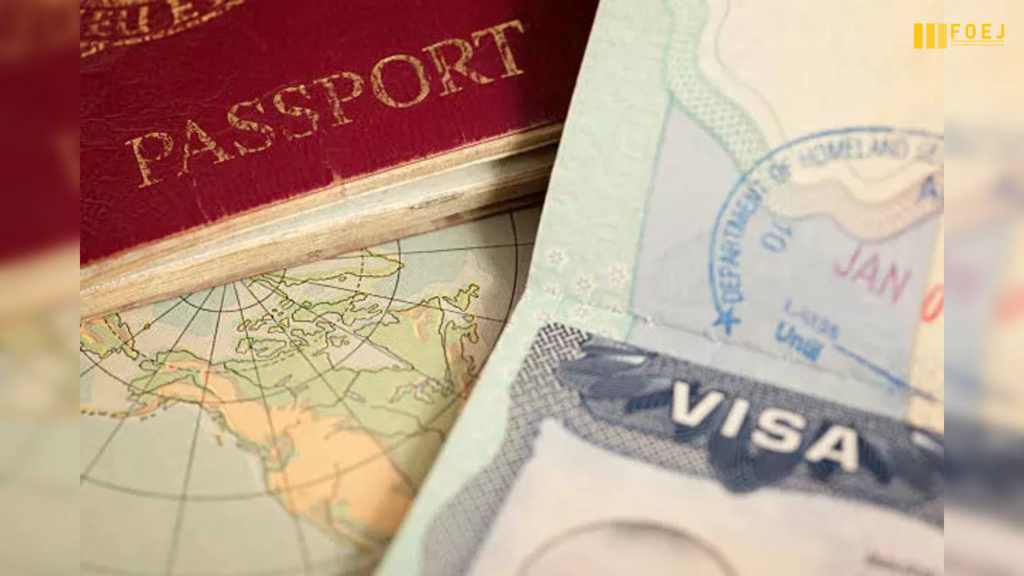Amid the bid to tackle rising food costs and a housing crisis in Canada, the Canadian government has decided to restrict the visa norms for students moving into the country. ” At this time, IRCC (Immigration, Refugees, and Citizenship Canada) has not established caps for study permits, but as the Minister has noted, a cap is an option being assessed,” the Canadian Immigration Department told The Free Press Journal (FPJ).
A temporary cap has been unveiled on the issuance of study visas for international students. According to the information released by the IRCC, the cap for the year 2024 is anticipated to lead to approximately 360,000 approved study permits, marking a 35% decrease from the figures recorded in 2023.

In an earlier interview with CTV, Canada’s Immigration Minister Marc Miller said that a cap is being considered without revealing the extent of the reduction being assessed for international students. “Our relationship with India has really halved our ability to process a lot of applications from India,” said Miller, who believes that the number of study permits given to Indians is unlikely to rebound soon.
What are the issues?
The decision comes after the plague of unemployment in the country, which resulted in a rise in housing costs for international students. The constant changes in visa and admission policies have become an upsetting topic for Indian students in Canada.
The housing crisis was witnessed after a rapid surge in the number of overseas students entering the country, and rents went up. Statscan found that rents in Canada rose by 7.7% from a year earlier, news agency Reuters reported.
Restaurants, a common working place for most international students, are grappling with labour shortages across Canada with nearly 100,000 vacancies, and international students will make up 4.6 percent of the 1.1 million workers in the food service industry in 2023.

What has changed?
The work permits, once seen as an easy way to get permanent residency in Canada, have been limited as per the new proposals. Those pursuing master’s degrees or post-doctoral programmes will only be eligible for the three-year work permit.
As far as open work visas are concerned, they will be granted only to overseas students who are pursuing master’s or doctoral programmes. The spouses of undergraduate and college students are no longer eligible as per the new instructions.
A new document has been added to the student application: a letter of attestation confirming its capacity to accommodate the applicant. As per IRCC, all the study permit applications submitted to IRCC will require an attestation letter from the relevant province or territory (PT) by January 22, 2024. These letters are to be issued by March 31, 2024, and PTs are expected to establish the process on time.
Indian students in Canada
Over 2 lakh students left for Canada, the US, and the UAE, according to last year’s data. Other than this, 90,000 and 50,000 students’ heads have headed to Australia and the UK. There has been a rise of 260 percent of Indian students moving to Canada between 2013 and 2022. In 2021 and 2022, over one lakh students moved to Canada. According to a Reuters report, about 40 percent of students in Canada are from India. According to a Reuters report, about 40 percent of overseas international students in Canada are from India.
Relations between India and Canada have declined since the Indian government was accused of killing Hardeep Singh Nijjar, a Khalistani militant in British Columbia. However, India has denied the accusations.


